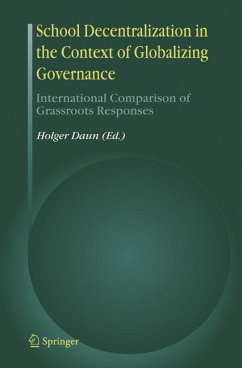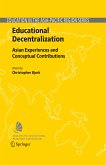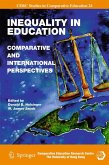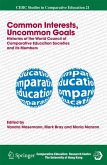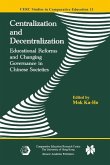The book makes an overview of the world wide economic, political, cultural and educational changes since the beginning of the 1980's and presents the new type of educational governance. It describes the processes of globalization and how national education systems have responded to these processes. It argues that symbolic world models (for the way of organizing national societies and education) have emerged in international agencies and how these models are borrowed, imitated, imposed and so on, when different countries reform their primary and secondary education.
This book extensively reviews outcomes of educational decentralization using research findings from different parts of the world: Australia, China, Kyrgyz Republic, Czech Republic, Sweden, England, Mozambique, South Africa, Senegal, Nicaragua, the USA...
It also presents grassroots cases from different countries against the background of the overall changes in governance philosophy and applications. It reviews literature and reports on decentralization in the wider context of educational restructuring and gives a detailed account for different types of decentralization and their short and medium term impact. Also, it presents case studies from countries in Africa, Europe and Latin America and describes what is taking place at the local levels. Focus is directed towards the outcomes in terms of: parent and teacher participation in school.
Therefore, the book is useful for scholars as well as students in higher education and teacher training.
"...I think this book is of great importanceglobally. It should appeal to policy makers, teacher educators and school administrators around the world"
Dr. Joseph Zajda, Australian Catholic University,
Melbourne Campus, Melbourne, Australia
Dieser Download kann aus rechtlichen Gründen nur mit Rechnungsadresse in A, B, BG, CY, CZ, D, DK, EW, E, FIN, F, GR, HR, H, IRL, I, LT, L, LR, M, NL, PL, P, R, S, SLO, SK ausgeliefert werden.

